AmazingRibs.com is supported by our Pitmaster Club. Also, when you buy with links on our site we may earn a finder’s fee.
Click to see how we test and review products.
Ingredients and Glossaries (1 Recipe, 26 Articles)
Published On: 5/6/2019 Last Modified: 6/16/2025
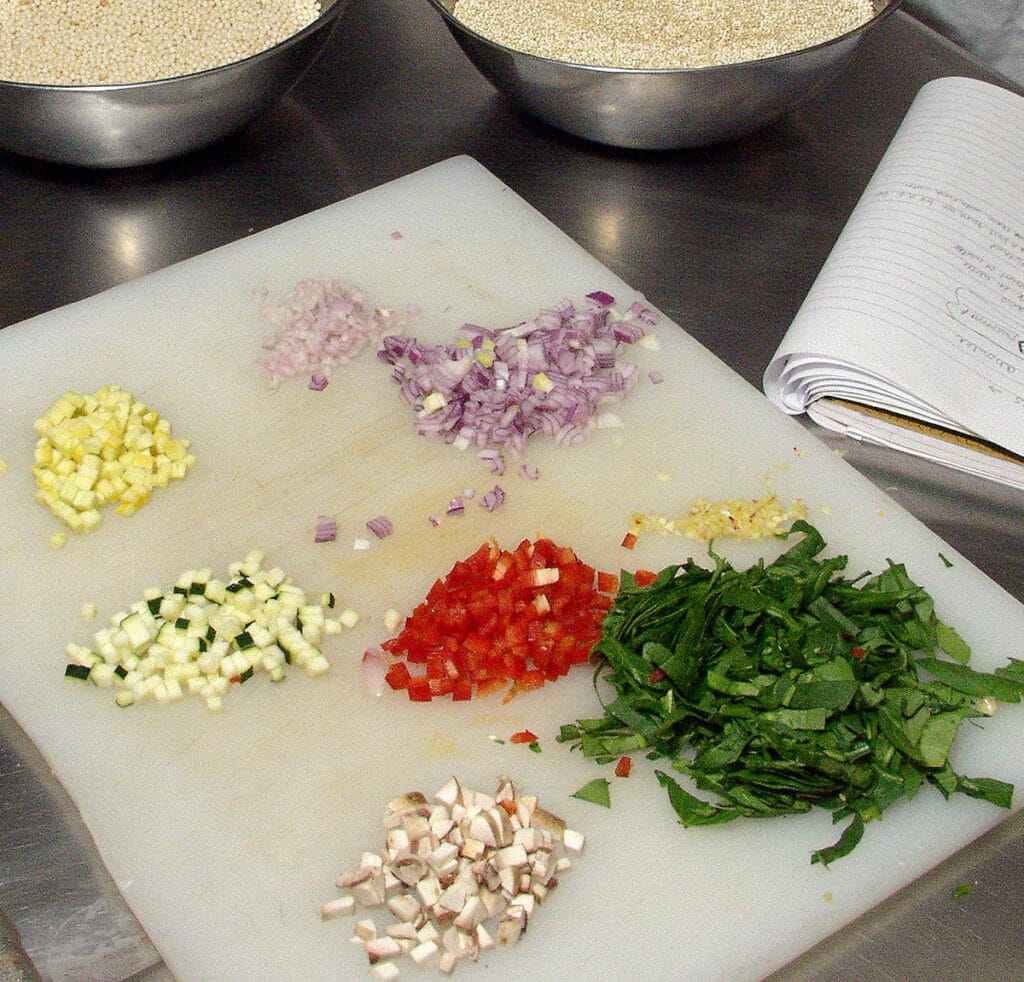
Garbage in, garbage out. So true of cooking. The quality of ingredients is paramount to quality dining. And there are subtle but important differences among salts, vinegars, oils, flours, and so on. In this section we will try to explain the differences.
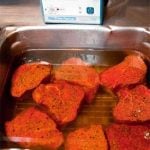
The Science Of Clarified Butter and Ghee
Do you know the difference between clarified butter and ghee? Longer cooking! Read on to see a recipe for clarified butter and ghee.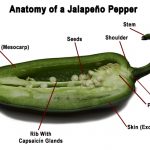
The Science Of Chiles, Peppers, And Hot Sauces
Read all about capsaicin, Scoville Heat Units, taming the heat, various hot sauces, hot pepper pastes, and how to make red pepper flakes.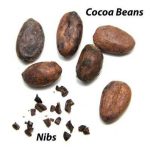
The Science of Chocolate
Here's what you need to know about how chocolate is made, including the different types, how to melt it, and how to cook with it.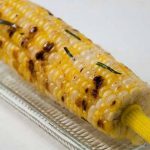
The Science of Corn
Fresh sweet corn is a seasonal pleasure you should enjoy every year! Here's what you need to know about different types of fresh corn.
The Science Of Flour, Yeast, Baking Soda, And Baking Powder
Flour is the basis of bread, pizza, pies, cakes and cookies. Here we explain the different types of wheat flour.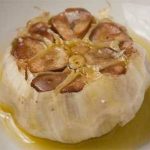
The Science of Garlic
Garlic makes it good! Here's what a cook needs to know about forms of garlic plus recipes for making garlic oil and roasted garlic.
The Science of Herbs & Spices
Here is everything a cook needs to know about herbs and spices as well as a list of essential herbs and spices to buy.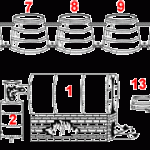
The Science Of Liquid Smoke
Are you a liquid smoke hater? BBQ aficionados usually are. You might be surprised to find out that liquid smoke is essentially smoked water.
Tips On Buying Meat
Knowing a good butcher is more important than knowing a good broker. Here are more tips on buying, understanding, freezing, and thawing meat.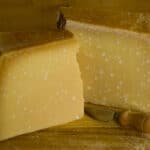
Is MSG Bad For You?
Many people think MSG is bad for you. The truth is that scientists have not found a connection between MSG and ill health.
The Science Of Mushrooms
It's OK to wash mushrooms. And here is everything else you need to know about various cultivated and wild mushrooms.
The Science of Mustards
Not all mustards are the same. Here's what differentiates Dijon mustard from yellow ballpark mustard. Find out how they are made.
The Science Of Oils And Fats
Find out all about different vegetable oils and animal fats, how to cook with them, and how to use them healthfully.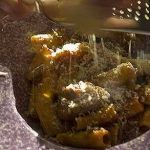
Parmesan Is Really Parmigiano-Reggiano And Why It’s So Great
Parmigiano-Reggiano is called The King of Cheeses because it tastes amazing. Find out how it is made and how to buy, store, and cook with it.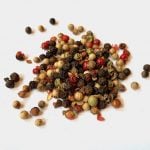
The Science Of Peppercorns
Black pepper is the most popular spice in the world. Find out all about different peppers, peppercorns, and what makes them taste pungent.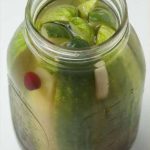
The Science Of Pickles
What is the difference between Kosher Dill and Genuine Dill pickles? Here's your guide to everything you need to know.
The Science of Pie Thickeners
The bane of all pie bakers is soupy pie. So bakers use some sort of a thickener to make their fillings firm. Here's what you need to know.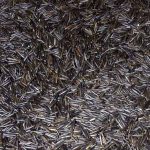
The Science of Rice
Read everything a good cook needs to know about buying, storing, cooking and serving white rice, brown rice, instant rice, and more.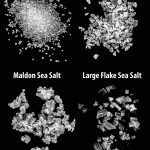
The Science Of Salt
Here's what you need to know about table salt, kosher salt, pickling salt, sea salt, seasoned salt, curing salts, and how to use them.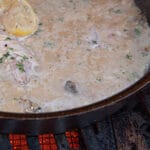
The Science of Soup, Stock, Gravy, and Bouillon
Where do you draw the line between soup and sauce? Read all about the basics of and differences between soup, sauce, stock, and many more.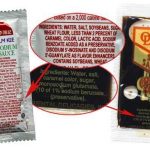
The Science of Soy Sauce
There are different types of soy sauce, but beware of the stuff in little packets from Chinese takeout restaurants: Many are not soy sauce!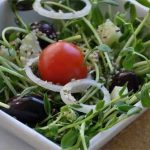
Why Raw Sprouts May Be The Riskiest Food In The World
Healthy food advocates often recommend eating fresh, raw foods, but raw food can pose a health risk. Here's why.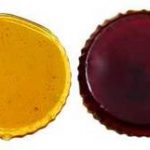
The Science Of Sugars, Syrups, Sweeteners, And Sugar Substitutes
Find out everything you need to know about sucrose, fructose, and glucose, as well as how to cook with sugars, syrups, and sweeteners.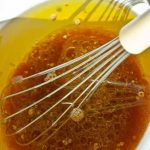
The Science Of Vinegar
Read on to find out all about how different vinegars add brightness to food and balance richness and sweetness.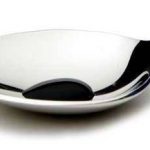
The Science Of Balsamic Vinegar: Magnificence And Deception
Confused about balsamic vinegar? Find out how they are made, trade associations and labeling criteria, how to make balsamic syrup, and more.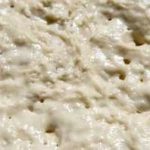
The Science Of Yeast
There's yeast for baking, for brewing, for wine, and for nutrition. Read on to learn more about the type used most in cooking: baker's yeast.Related articles
- Before You Start Cooking, Mise En Place, Put Everything In Its Place
- Cooking And Barbecue Glossary
- The Science Of Clarified Butter and Ghee
- The Science Of Chiles, Peppers, And Hot Sauces
- The Science of Chocolate
- The Science of Corn
- The Science Of Flour, Yeast, Baking Soda, And Baking Powder
- The Science of Garlic
- The Science of Herbs & Spices
- The Science Of Liquid Smoke
- Tips On Buying Meat
- Is MSG Bad For You?
- The Science Of Mushrooms
- The Science of Mustards
- The Science Of Oils And Fats
- Parmesan Is Really Parmigiano-Reggiano And Why It’s So Great
- The Science Of Peppercorns
- The Science Of Pickles
- The Science of Pie Thickeners
- The Science of Rice
- The Science Of Salt
- The Science of Soup, Stock, Gravy, and Bouillon
- The Science of Soy Sauce
- Why Raw Sprouts May Be The Riskiest Food In The World
- The Science Of Sugars, Syrups, Sweeteners, And Sugar Substitutes
- The Science Of Vinegar
- The Science Of Balsamic Vinegar: Magnificence And Deception
- The Science Of Yeast



High quality websites are expensive to run. If you help us, we’ll pay you back bigtime with an ad-free experience and a lot of freebies!
Millions come to AmazingRibs.com every month for high quality tested recipes, tips on technique, science, mythbusting, product reviews, and inspiration. But it is expensive to run a website with more than 2,000 pages and we don’t have a big corporate partner to subsidize us.
Our most important source of sustenance is people who join our Pitmaster Club. But please don’t think of it as a donation. Members get MANY great benefits. We block all third-party ads, we give members free ebooks, magazines, interviews, webinars, more recipes, a monthly sweepstakes with prizes worth up to $2,000, discounts on products, and best of all a community of like-minded cooks free of flame wars. Click below to see all the benefits, take a free 30 day trial, and help keep this site alive.
Post comments and questions below
1) Please try the search box at the top of every page before you ask for help.
2) Try to post your question to the appropriate page.
3) Tell us everything we need to know to help such as the type of cooker and thermometer. Dial thermometers are often off by as much as 50°F so if you are not using a good digital thermometer we probably can’t help you with time and temp questions. Please read this article about thermometers.
4) If you are a member of the Pitmaster Club, your comments login is probably different.
5) Posts with links in them may not appear immediately.
Moderators